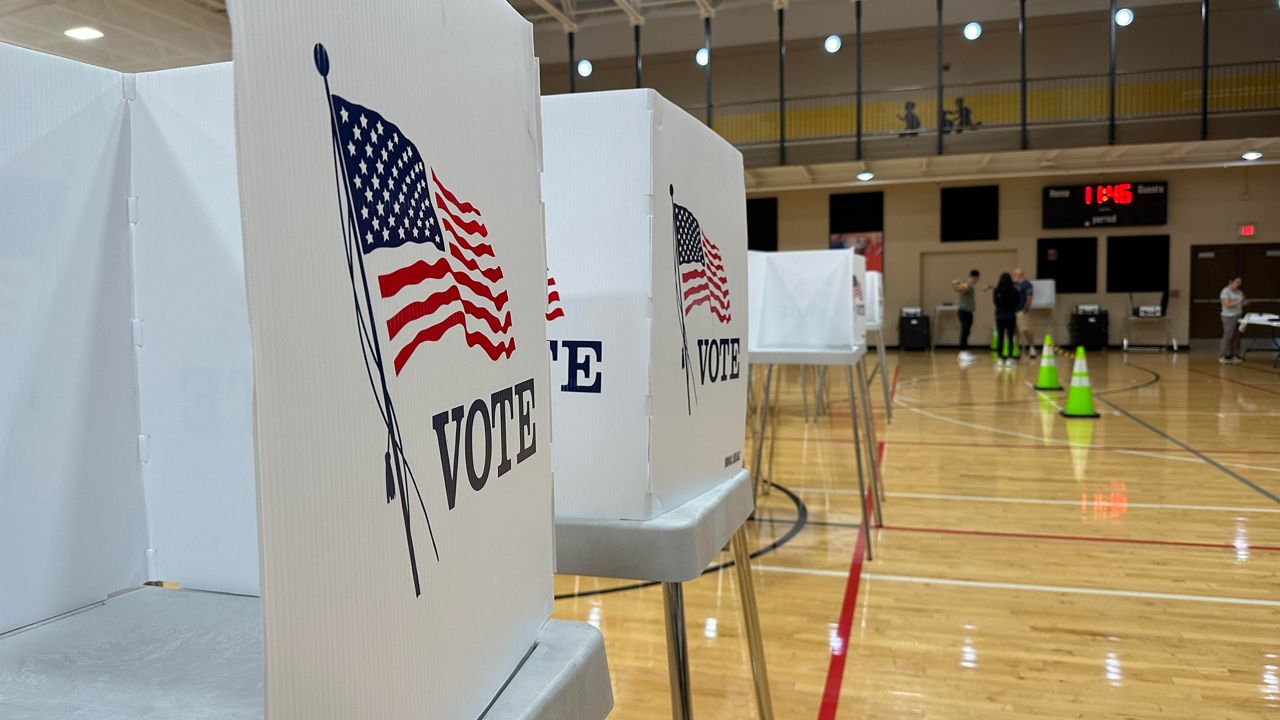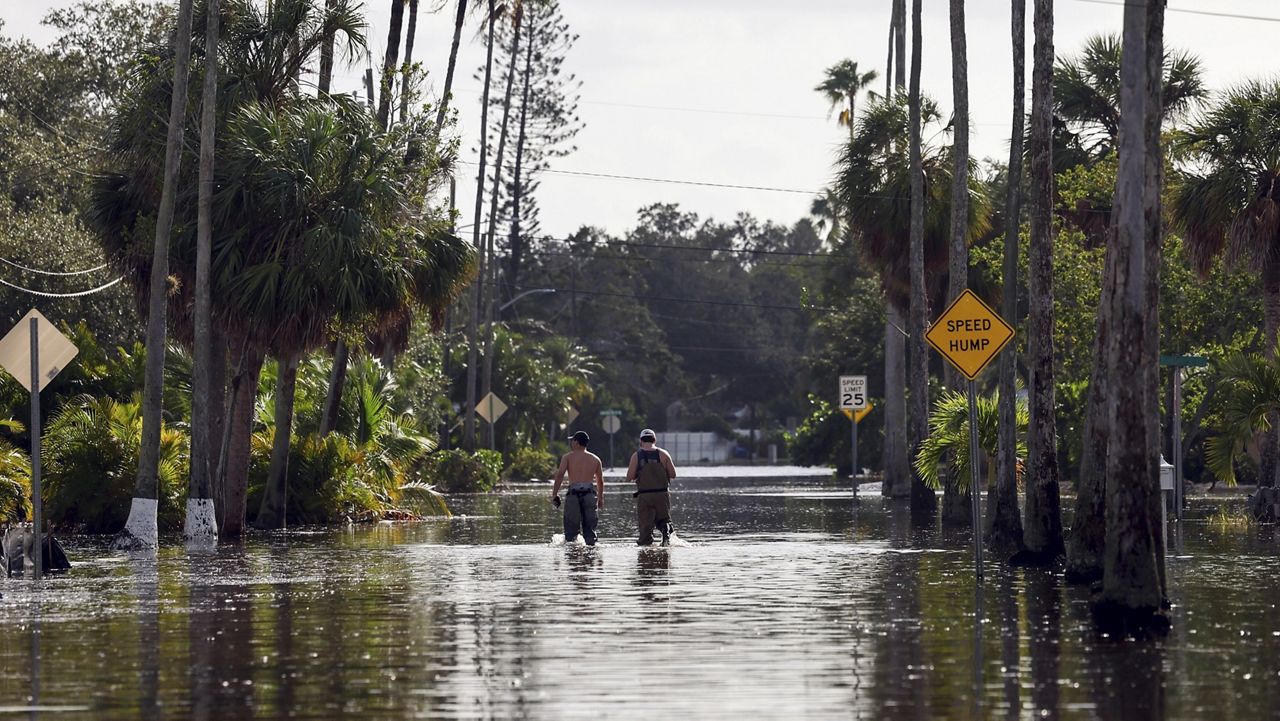ALLEN, Texas — Family and friends are still grieving after a shooter wielding a high-powered assault rifle killed eight people and wounded seven others at a shopping mall in Allen, Texas, nearly six months ago.
That shooting is one of the more than 550 mass shootings that have occurred in the U.S. so far in 2023.
First responders are not immune from the trauma experienced following a disturbing event. Health experts are sounding the alarm about the toll firefighting is having on crew members' mental health. The Allen Fire Department recently launched a peer support program to assist firefighters with mental health concerns.
Going from a fire to a fatal car crash to a shooting, sometimes all in one day, is a reality for many first responders.
That was the case on May 6, 2022, when a gunman opened fire on customers and staff at the Allen Premium Outlets. Allen firefighters were among the first responders on scene to help those in need.
While firefighting can be rewarding, it can also take a toll on first responders' mental health.
"That's my goal that through your career, you've had physical checkups every year, but in the same instance, we've also checked on our mental capacity, our psychological capacity," said Allen Fire Department Division Chief Danny Williams.
Williams said it’s important for firefighters to take care of themselves both physically and mentally. To ensure that happens, a plan is now in place for a teammate trained in behavioral health to contact firefighters immediately following a critical incident.
"Those individuals are trained with techniques and resources to be able to reach out to their coworkers," Williams said.
Reaching out early is key, especially since, according to the CDC, occupational stress in first responders can be associated with increased risk of serious mental health issues such as post-traumatic stress and suicidal behavior.
Allen Fire Department, like many others across the globe, picked key crew members to complete the International Association of Firefighters Peer Support Training.
It's a program that teaches firefighters how to provide support to their peers, the basic tenets of common behavioral health issues affecting the fire service, and ways to serve as a bridge to community resources or behavioral health treatment.
Chief Williams said the feedback from firefighters who’ve worked with a peer supporter has been positive.
"Our personnel have reached out to me after incidents and said, 'Hey, I just wanted to let you know that I utilized our resources and they've helped my marriage, they've helped my mental health, they've helped my family,'" Williams added.
Firefighter paramedic Nolan Skidmore agreed.
“It’s a good thing to have if you do need it. If anybody is dealing with problems and they don’t have anything to help out, it’s good that they give that to us,” Skidmore said.
Chief Williams said he only wishes more firefighters used the program. He says they’re still working to eliminate the stigma surrounding mental health and break down barriers to accessing treatment.
"What we want to do is make it to where it's just second nature essentially. You know when you're sick, you go to the doctor and we want it to be the same type of deal where anytime there's an incident, it's just standard practice to reach out for assistance," Williams expressed.
So that for as long as firefighters choose to show up and help others, they also take advantage of the help that is available to them.
That's what we want, to have healthy firefighters at the end of a career both mentally and physically," Williams said.






?wid=320&hei=180&$wide-bg$)




